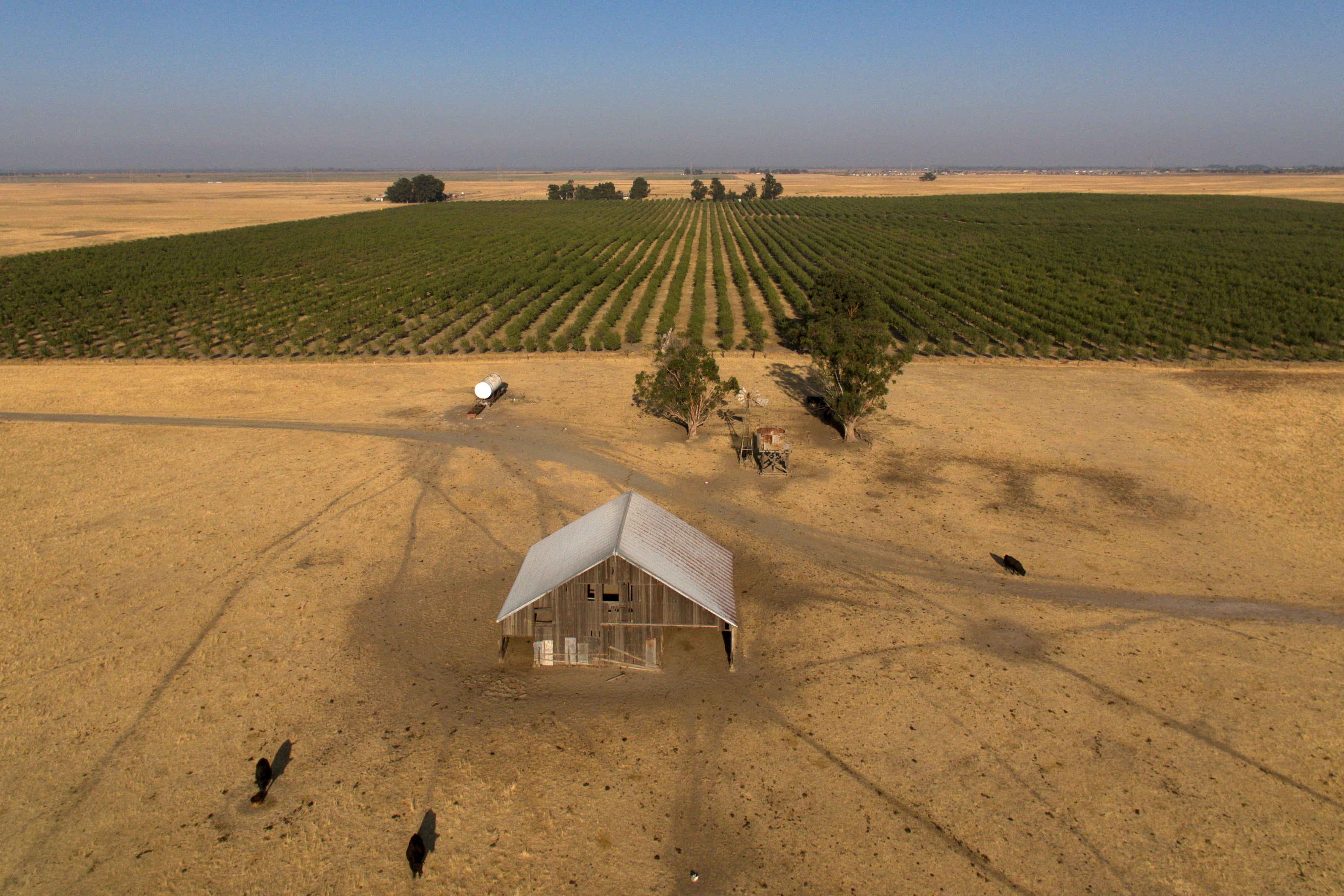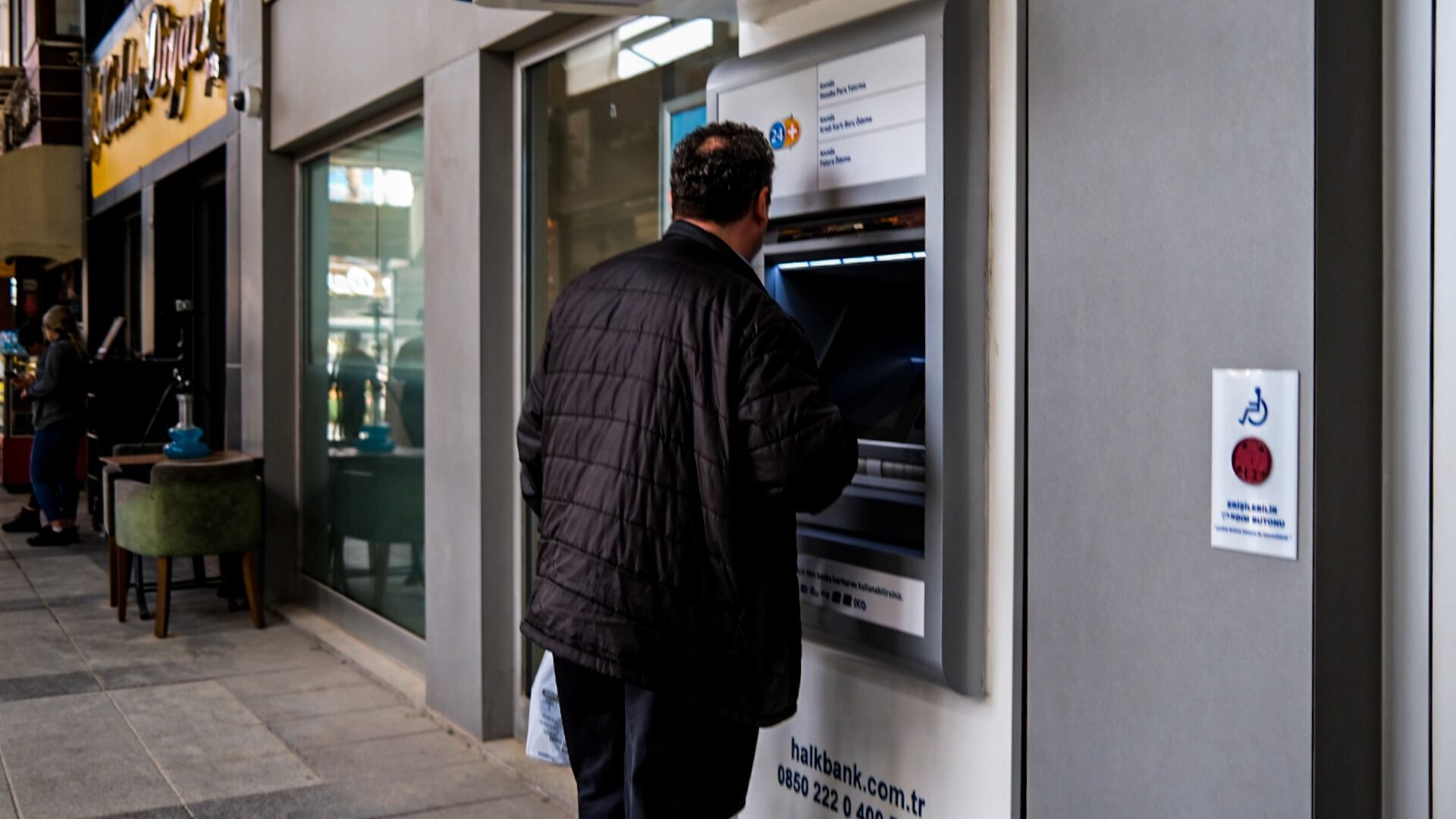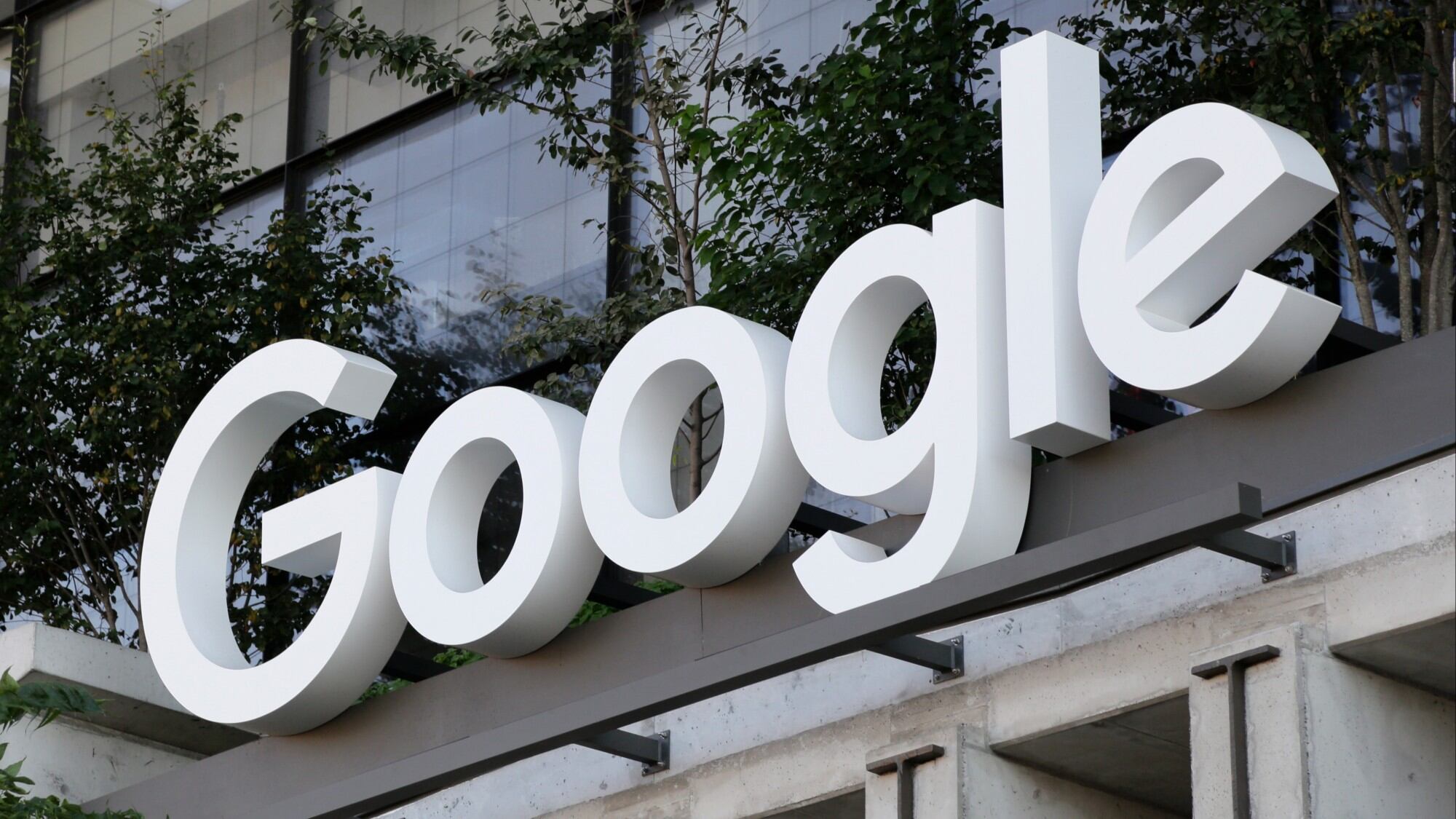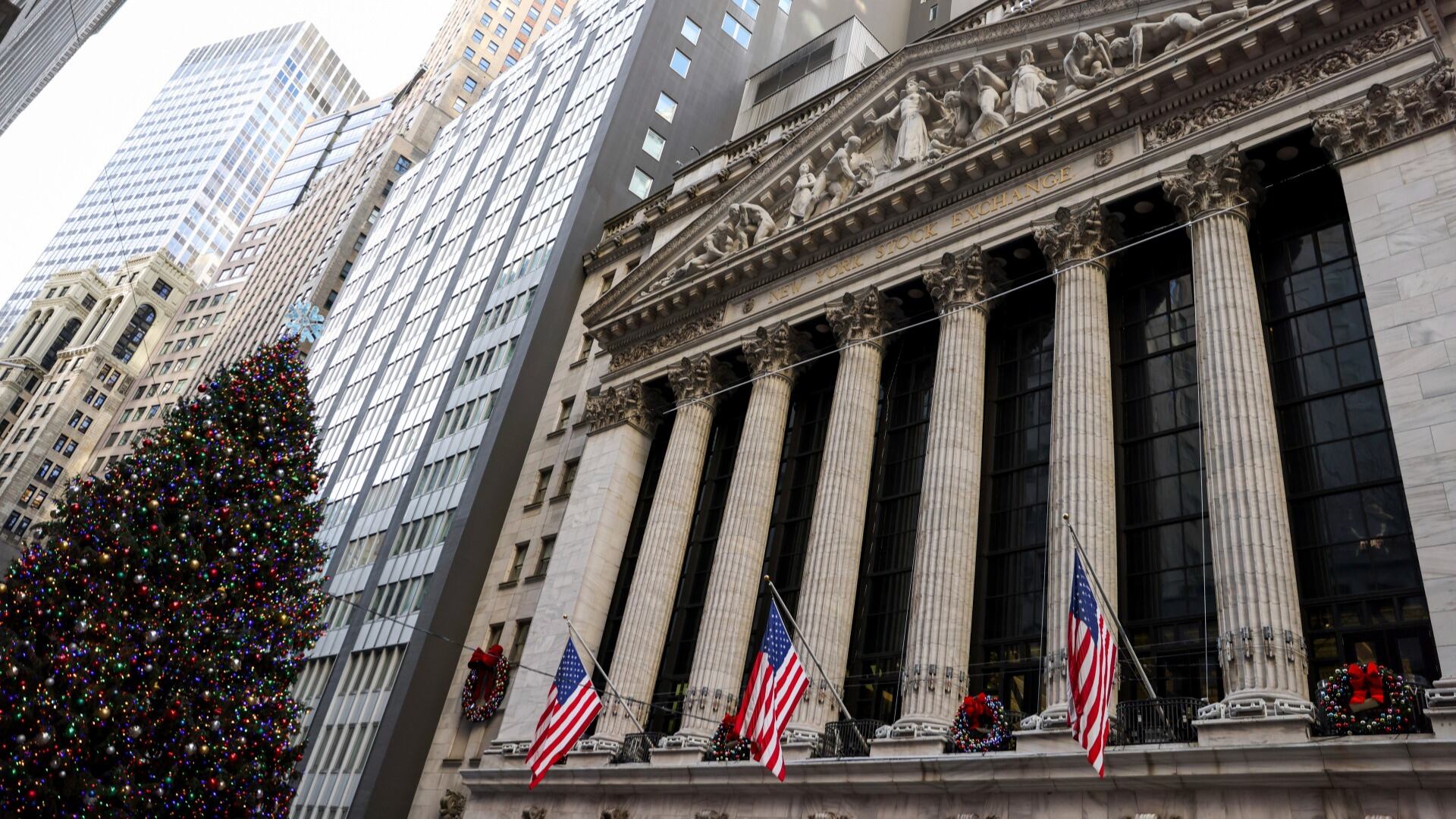Microsoft is offering a rare peek behind the "cloud" with virtual tours of its Azure public data centers. These massive structures dot the globe and provide the necessary physical infrastructure of the modern web, but few outsiders have gotten a behind-the-scenes look.
"I think the public really doesn't have a great understanding of really what the cloud truly is," Brian Janous, general manager of energy and sustainability at Microsoft, told Cheddar.
Using a personal computer or mobile device, users can walk the halls of a typical Microsoft data center and learn about everything from security protocols to cooling systems.
The latter is an especially important aspect of running a data center. Temperature control is at the center of Microsoft's efforts to cut down on energy use at its data centers, which make up the majority of the tech company's carbon footprint.
The company currently uses various methods of cooling to keep temperatures between 70 and 80 degrees inside its data centers.
"One of the biggest challenges that we have in building data centers and operating data centers is keeping them cool," Janus said. "Every year servers are getting more dense, and therefore they're putting out more heat."
The company aims to become "carbon negative" by 2030, but just keeping up with demand has required a massive expansion of data centers, even as they become more energy efficient.
"When you look at the efficiency that we can deliver today relative to 10 years ago, it's just astounding," Janous said. "Internet traffic is up about 12x over the last 10 years, but energy consumed by all data centers globally is roughly flat over that time."
He noted that Microsoft has made improvements such as bringing in more outside air to help cool down servers — though more radical measures are in the works, such as a plan to place data centers on the seafloor to utilize ocean water for even more efficient cooling.
In addition, Microsoft on Tuesday said it plans to share previously secret energy-use information with select customers under nondisclosure agreements to help them become more efficient.
Essentially, as Microsoft improves sustainability at its data centers, it will in some cases reveal those gains to companies looking to bring down their own carbon footprints.
"It's really all about just being more transparent in terms of how we operate our infrastructure," Janous said.












